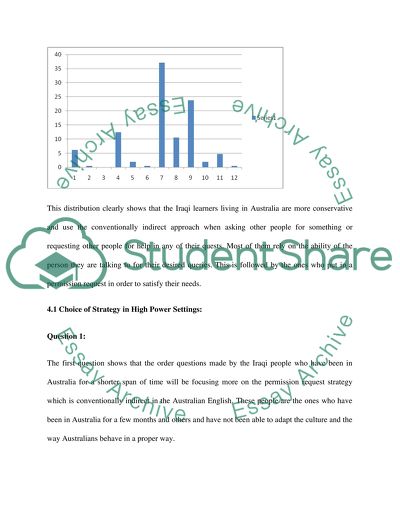Cite this document
(“The Realization of Speech Act Requests encountered by Iraqi Learners Dissertation”, n.d.)
Retrieved from https://studentshare.org/geography/1417682-the-realization-of-speech-act-requests-encountered
Retrieved from https://studentshare.org/geography/1417682-the-realization-of-speech-act-requests-encountered
(The Realization of Speech Act Requests Encountered by Iraqi Learners Dissertation)
https://studentshare.org/geography/1417682-the-realization-of-speech-act-requests-encountered.
https://studentshare.org/geography/1417682-the-realization-of-speech-act-requests-encountered.
“The Realization of Speech Act Requests Encountered by Iraqi Learners Dissertation”, n.d. https://studentshare.org/geography/1417682-the-realization-of-speech-act-requests-encountered.


